Paprika is a ground spice made from dried sweet peppers (Capsicum annuum) that adds vibrant color and distinct flavor to dishes. Unlike chili powder, pure paprika contains no additional spices. The key differences between types—sweet, smoked, and hot—determine which variety works best for your recipe. Adding paprika at the wrong temperature (above 160°C/320°F) causes bitterness, while proper blooming in oil unlocks its full flavor potential.
Table of Contents
- 3 Main Types of Paprika (and When to Use Each)
- 5 Common Paprika Mistakes That Ruin Dishes
- Professional Cooking Techniques That Maximize Flavor
- How to Store Paprika to Prevent Flavor Loss
- Exact Substitutions When You're Out of Paprika
- Hungarian vs Spanish vs American Paprika: What's the Difference?
- Frequently Asked Questions
3 Main Types of Paprika (and When to Use Each)
Understanding these differences prevents recipe failures. Most home cooks use the wrong type because packaging labels are misleading.
| Type | Flavor Profile | Best For | Avoid Using In |
|---|---|---|---|
| Sweet Paprika | Mild, slightly sweet, earthy | Goulash, deviled eggs, potato salad | High-heat searing, delicate fish dishes |
| Smoked Paprika | Woody, campfire-like, medium heat | Chili, roasted vegetables, BBQ sauces | Fish, citrus-based dishes, light sauces |
| Hot Paprika | Sharp heat with pepper undertones | Stews, spicy marinades, chorizo | Subtly flavored dishes, children's meals |
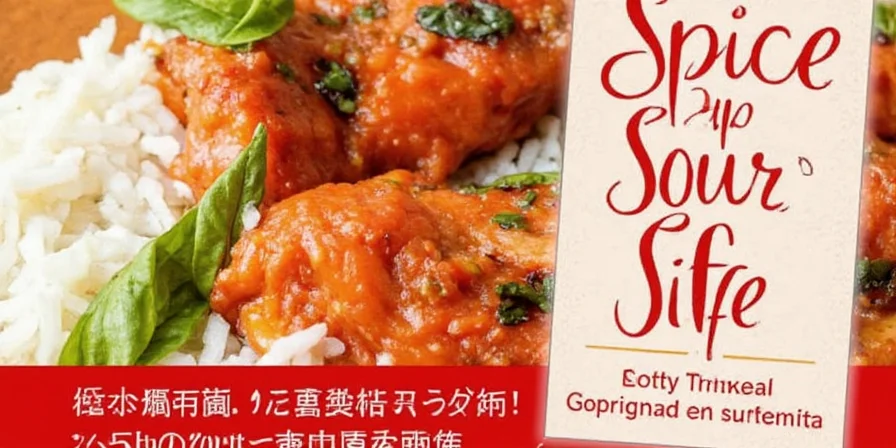
5 Common Paprika Mistakes That Ruin Dishes
Avoid these errors that make paprika taste bitter or fail to deliver flavor:
- Adding at the wrong time: Sprinkling on at the beginning of cooking burns delicate compounds. Add 70% during cooking, 30% at the end for maximum aroma.
- Using expired spice: Paprika loses potency after 6-12 months. Check freshness by rubbing between fingers—it should release strong aroma.
- Incorrect temperature: Heating above 320°F (160°C) creates bitterness. Bloom in oil for just 30 seconds before adding liquids.
- Mixing types incorrectly: Using smoked paprika in Hungarian goulash creates flavor clashes. Traditional recipes require specific varieties.
- Storing improperly: Clear containers exposed to light destroy color compounds. Use opaque containers stored in a cool, dark place.
Professional Cooking Techniques That Maximize Flavor
These methods transform paprika from a coloring agent to a flavor powerhouse:
- Oil blooming method: Heat 1 tbsp oil to medium-low, add paprika for 30 seconds until fragrant (not smoking), then immediately add liquid ingredients
- Acid balancing: For tomato-based dishes, add 1 tsp vinegar when blooming to stabilize color and enhance sweetness
- Smoked paprika hack: No smoked paprika? Add 1/8 tsp liquid smoke per tablespoon of sweet paprika for authentic flavor
- Heat control: For hot paprika dishes, add 1 tsp sugar to balance capsaicin burn without reducing overall flavor impact
- Layering technique: In stews, add paprika in three stages: with aromatics, midway through cooking, and as finishing touch
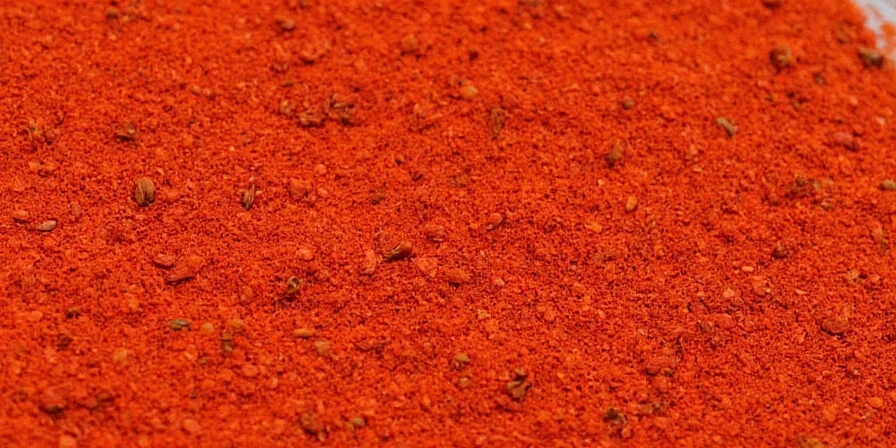
How to Store Paprika to Prevent Flavor Loss
Most home cooks unknowingly use degraded paprika. Follow these storage rules:
- Transfer from clear grocery packaging to opaque containers immediately
- Store in a cool, dark cupboard (not above the stove where heat fluctuates)
- Keep away from strong-smelling spices like garlic that can transfer odors
- Mark purchase date on container—discard after 12 months for optimal flavor
Test freshness by placing 1/2 tsp in hot water—fresh paprika creates vibrant red coloring within 10 seconds, while stale paprika produces pale yellow water.
Exact Substitutions When You're Out of Paprika
These replacements maintain recipe integrity without requiring specialty ingredients:
| If You Need | Best Substitute | Ratio | Adjustment Needed |
|---|---|---|---|
| Sweet Paprika | Paprika made from ancho chilies | 1:1 | None—adds subtle fruitiness |
| Smoked Paprika | Chipotle powder + sweet paprika | 1/2 tsp chipotle + 1/2 tsp sweet per tbsp | Add 1/8 tsp liquid smoke for authentic flavor |
| Hot Paprika | Cayenne + sweet paprika | 1/4 tsp cayenne + 3/4 tsp sweet per tbsp | Add pinch of sugar to balance heat |
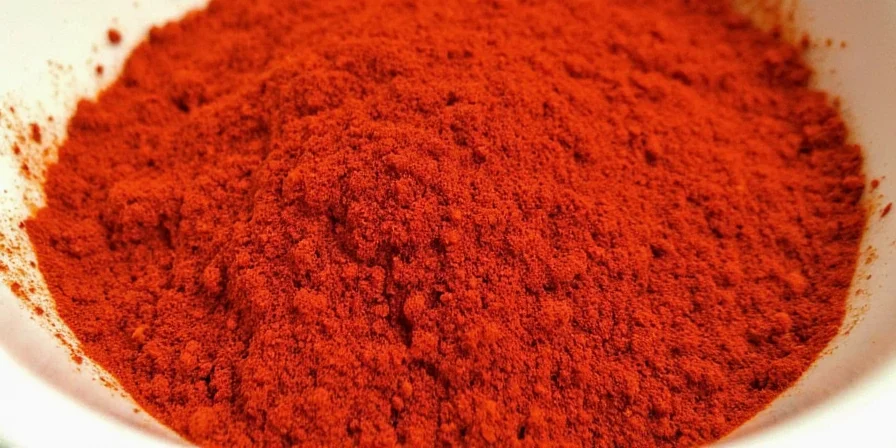
Hungarian vs Spanish vs American Paprika: What's the Difference?
Geography dramatically impacts flavor. These key distinctions determine which type belongs in your recipe:
- Hungarian: Protected designation requires specific pepper varieties dried in alkaline soil. Look for "Különleges" (Special) grade for authentic goulash—it has fruitier notes than Spanish varieties.
- Spanish: Pimentón de la Vera must be smoked over oak for 10-15 days. Dulce (sweet) works in sauces, Picante (hot) for chorizo—never substitute in traditional recipes.
- American: Commercial versions prioritize color over flavor. Use only when recipe specifically calls for "paprika" without regional specification.
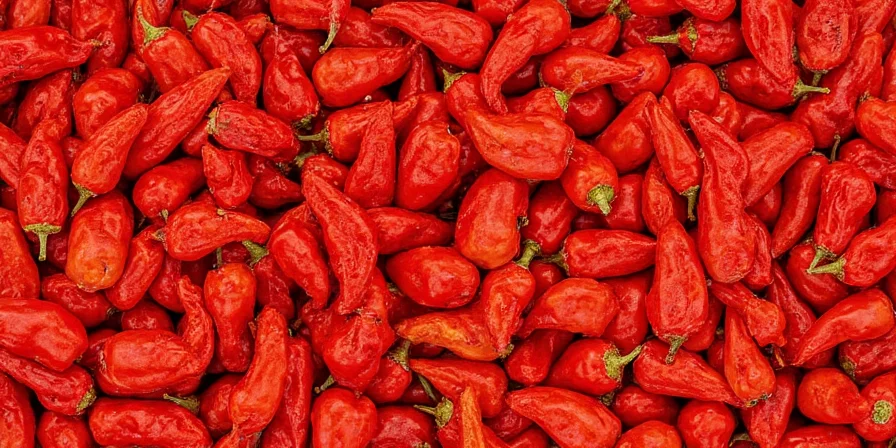
Frequently Asked Questions
Key Takeaways for Perfect Paprika Results
Master these essentials for flawless results every time:
- Always bloom paprika in oil below 320°F—never add dry to hot pans
- Use Hungarian sweet for traditional European dishes, Spanish smoked for New World recipes
- Store in opaque containers and replace after 12 months for maximum flavor impact
- Layer application: 70% during cooking, 30% as finishing touch for aroma preservation
- When substituting, adjust for missing smoke or heat components with specific additives
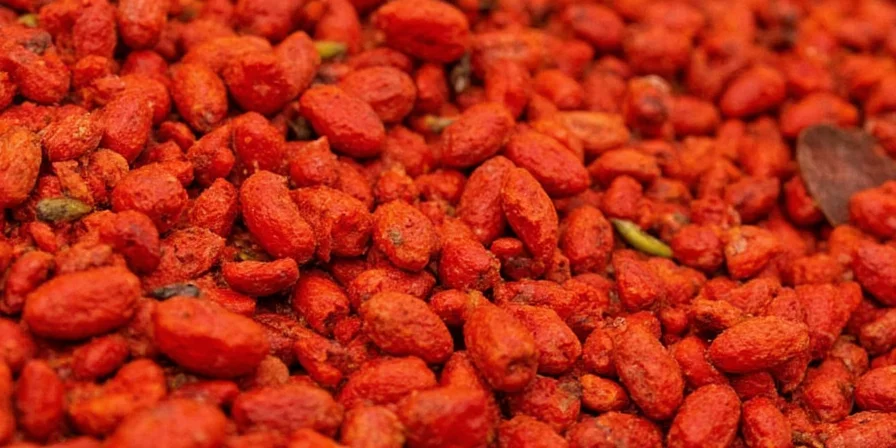

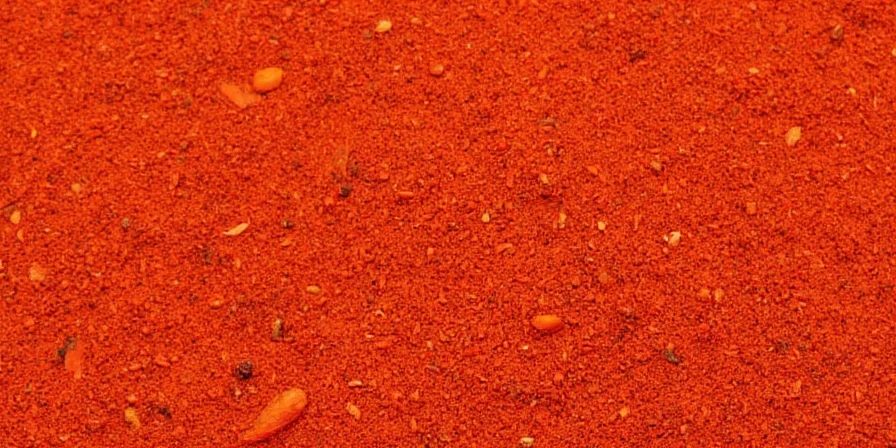









 浙公网安备
33010002000092号
浙公网安备
33010002000092号 浙B2-20120091-4
浙B2-20120091-4